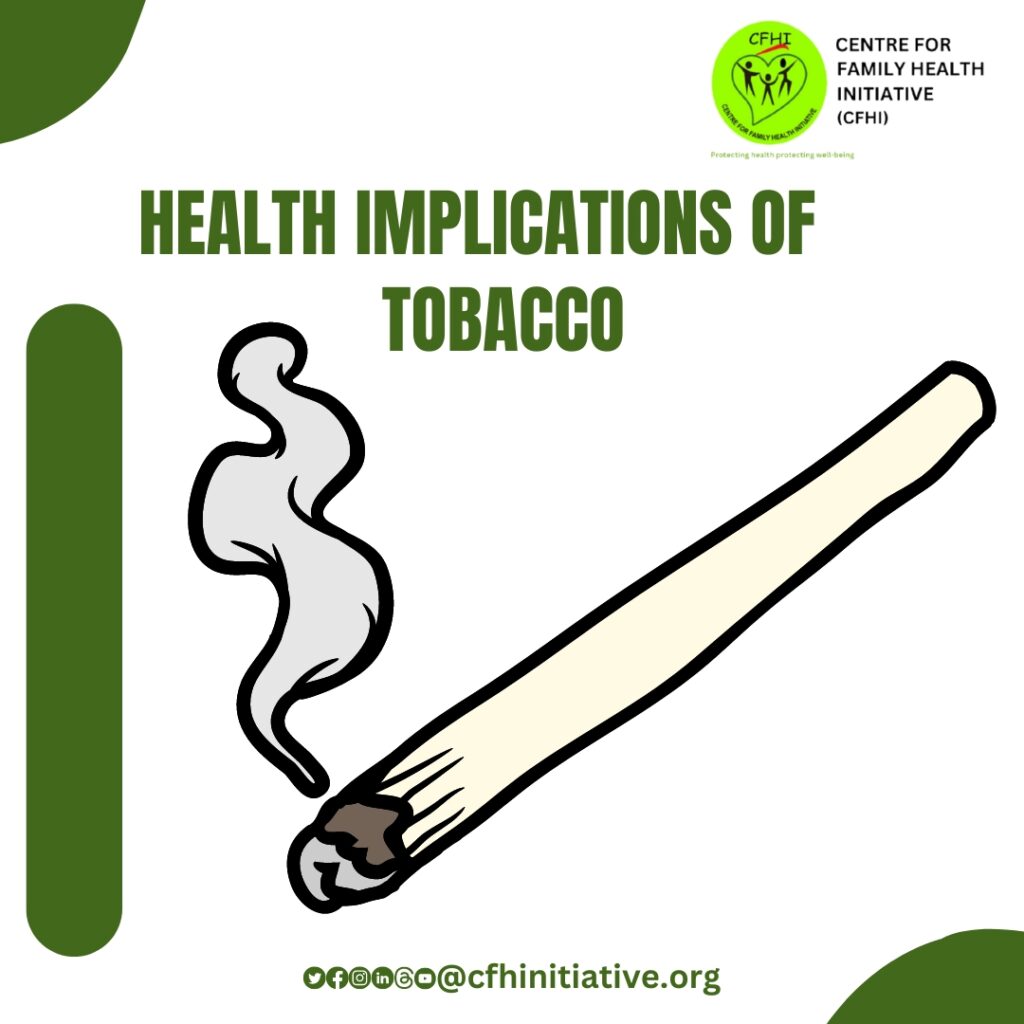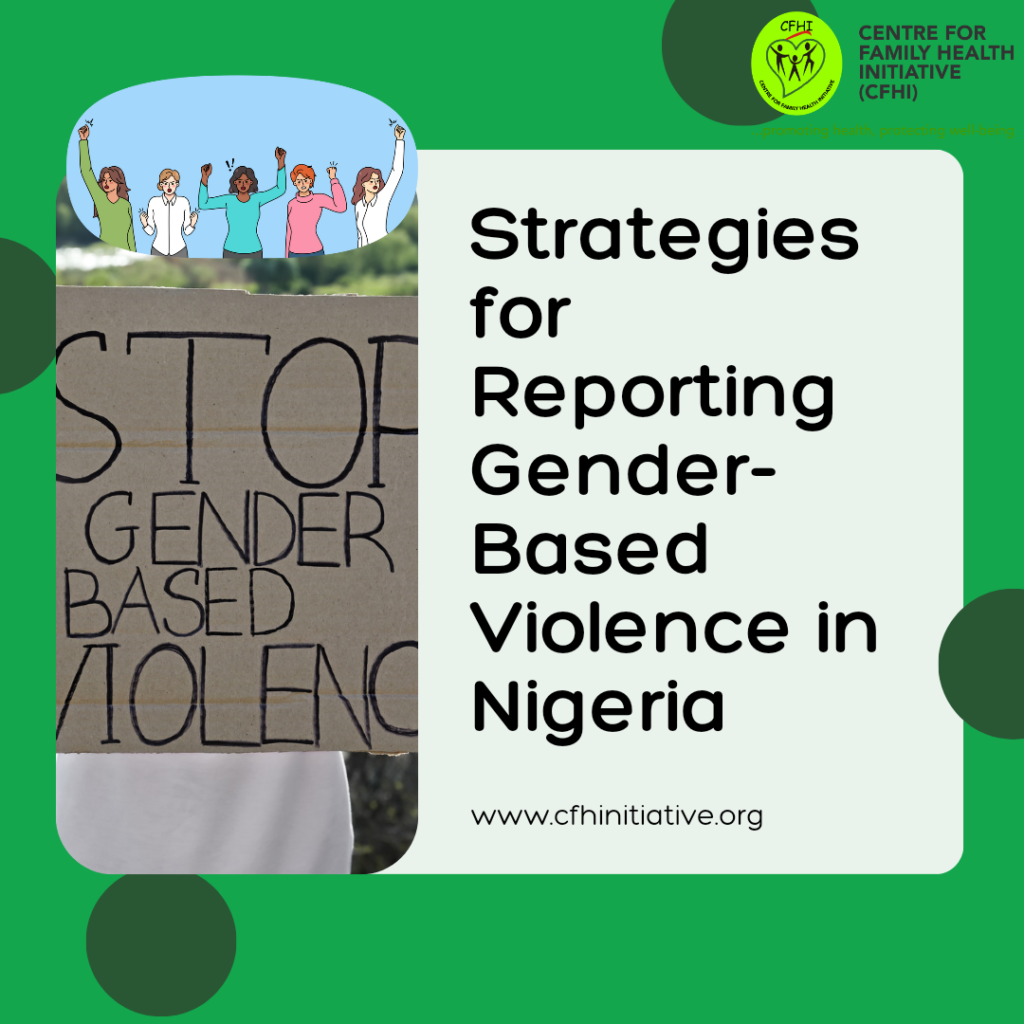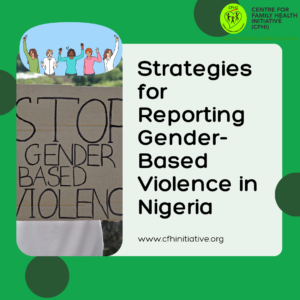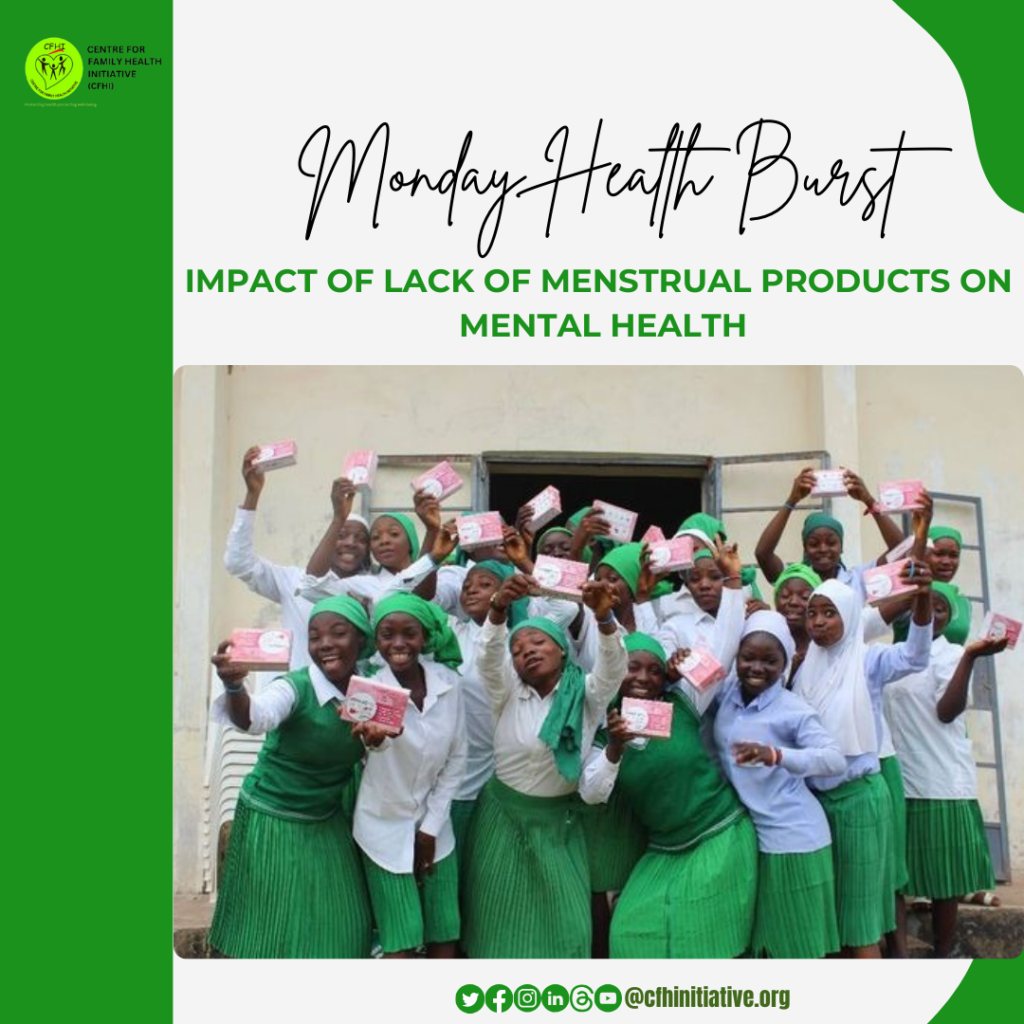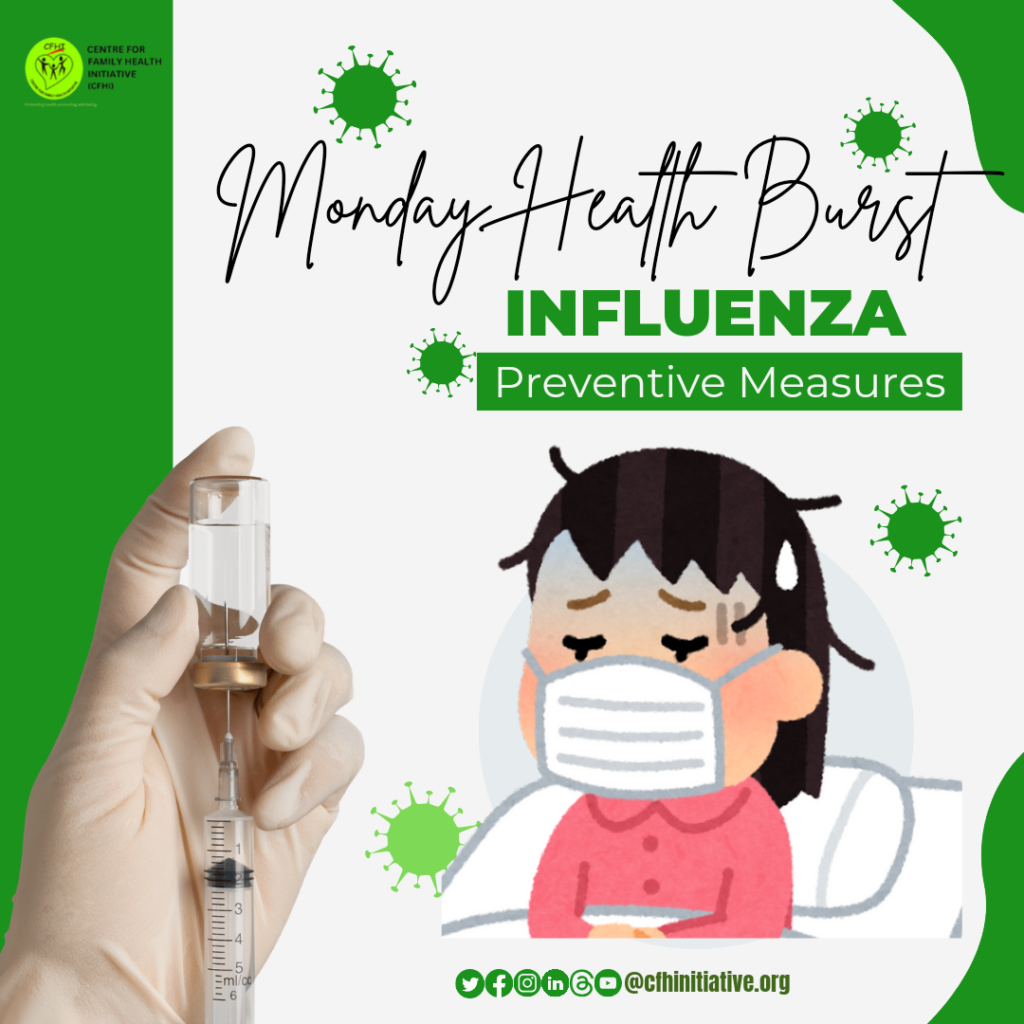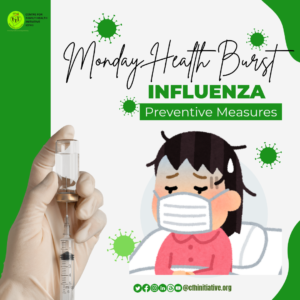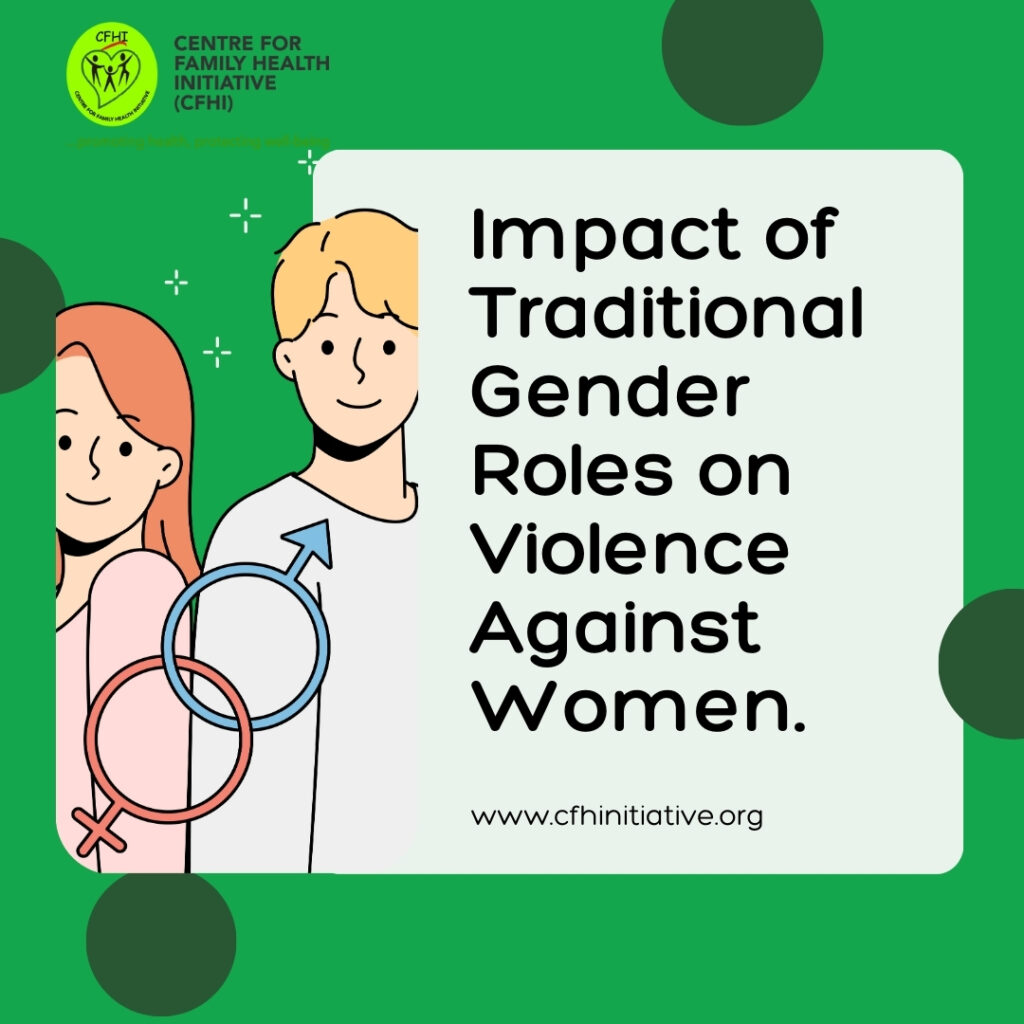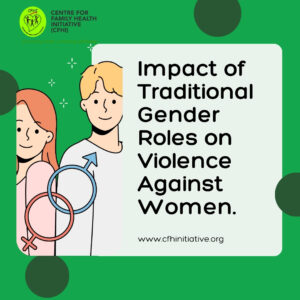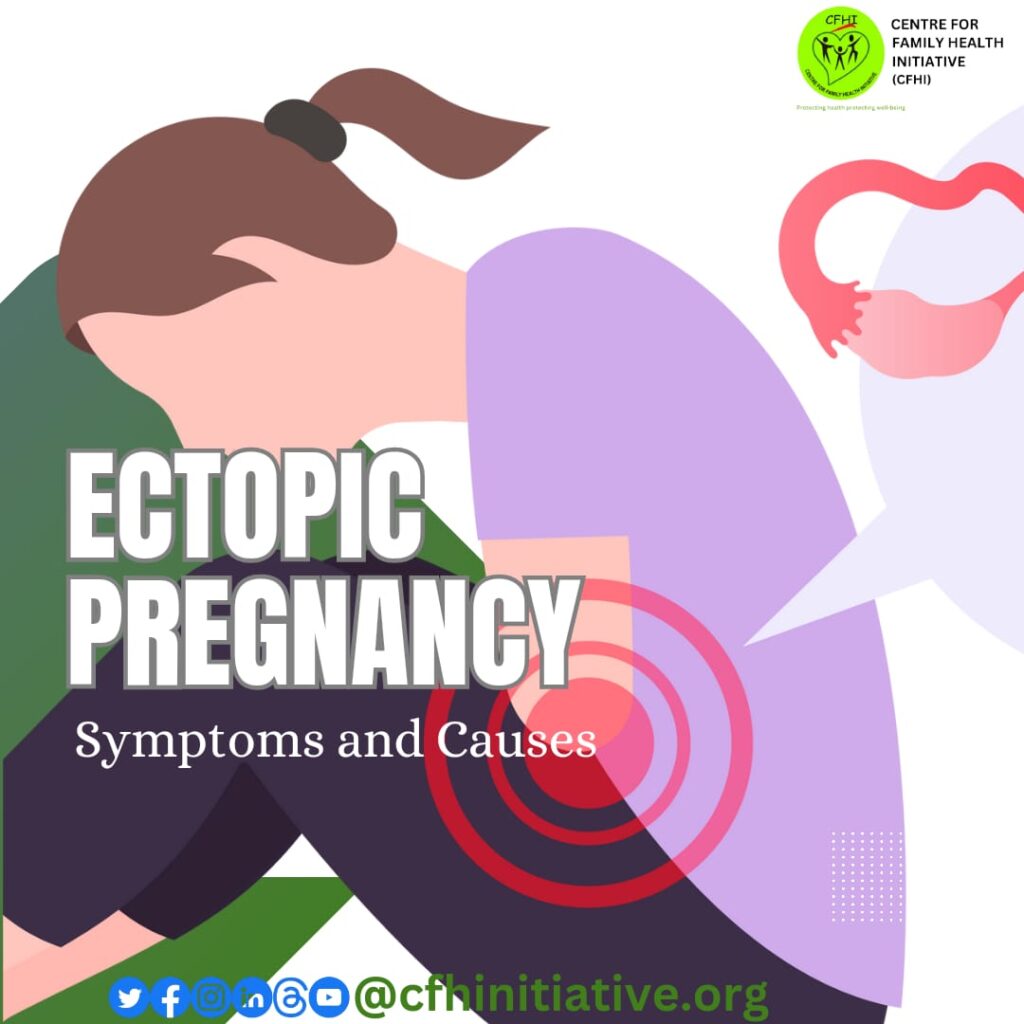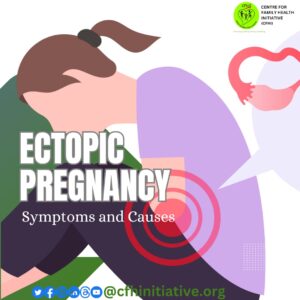MONDAY HEALTH BURST ON HEALTH IMPLICATIONS OF TOBACCO
Tobacco use remains one of the leading causes of preventable disease and death worldwide. Despite extensive public health campaigns and increasing awareness, millions of people continue to use tobacco in various forms, exposing themselves to numerous health risks.1 Some of the health implications include;
Cardiovascular Disease
Tobacco use is a significant risk factor for cardiovascular diseases (CVD), including heart attacks, strokes, and peripheral artery disease. Nicotine, the addictive component of tobacco, raises blood pressure and heart rate, putting extra strain on the heart. Additionally, carbon monoxide from cigarette smoke reduces the blood’s oxygen-carrying capacity, further exacerbating the risk of heart disease. Smokers are 2 to 4 times more likely to develop heart disease than non-smokers.2
Respiratory Disorders
The respiratory system is directly exposed to the harmful effects of tobacco smoke, leading to chronic obstructive pulmonary disease (COPD), emphysema, and chronic bronchitis. The tar and chemicals in tobacco smoke damage the airways and alveoli, causing inflammation, reduced lung function, and chronic respiratory symptoms. Long-term smokers often experience breathlessness, persistent coughing, and increased susceptibility to respiratory infections.
Cancer
Tobacco use is the leading cause of cancer and cancer-related deaths. It is responsible for approximately 85% of lung cancer cases, the deadliest form of cancer.3 Beyond lung cancer, tobacco use is also linked to cancers of the mouth, throat, esophagus, pancreas, bladder, kidney, cervix, and stomach. The carcinogens in tobacco smoke cause mutations in DNA, leading to uncontrolled cell growth and tumor development.
Impact on Oral Health
Tobacco use significantly affects oral health, causing gum disease, tooth loss, and oral cancers. Smokers are more prone to periodontal disease, which can lead to tooth loss if untreated. The chemicals in tobacco also reduce the blood flow to the gums, impairing healing and making the mouth more susceptible to infections.
Reproductive Health Issues
Tobacco use can adversely affect reproductive health in both men and women. In women, it increases the risk of infertility, complications during pregnancy, and adverse outcomes such as preterm birth, low birth weight, and stillbirth. Men who smoke may experience reduced sperm quality, erectile dysfunction, and decreased fertility.
Secondhand Smoke
The dangers of tobacco are not limited to users themselves. Secondhand smoke, which is the smoke exhaled by smokers and the smoke from the burning end of a cigarette, is a serious health hazard. Non-smokers exposed to secondhand smoke are at increased risk of heart disease, respiratory infections, and cancer. Children exposed to secondhand smoke are particularly vulnerable, experiencing higher rates of asthma, sudden infant death syndrome (SIDS), and ear infections. According to the World Health Organization, tobacco kills more than 8 million people per year, including an estimated 1.3 million nonsmokers who are exposed to second-hand smoke.4
In 2023, the Centre for Family Health Initiative, through the Community Action against Drug misuse (CAADA) project, conducted a road walk in the Dawaki, Dutse Alhaji, and Dutse Sokale areas, educating over 200 youths about the hazards of drug misuse.
The health implications of tobacco use are extensive and severe, affecting virtually every organ in the body and leading to numerous preventable diseases and deaths. Despite these known risks, tobacco addiction continues to pose a significant public health challenge. Combating this issue requires ongoing education, stronger regulatory measures, and support for individuals trying to quit. By reducing tobacco use, we can improve health outcomes and save millions of lives each year.
REFERENCES:
- https://www.cdc.gov/mmwr/preview/mmwrhtml/00030927.htm
- https://www.hopkinsmedicine.org/health/conditions-and-diseases/smoking-and-cardiovascular-disease
- https://www.who.int/news-room/fact-sheets/detail/lung-cancer
- https://www.who.int/news-room/fact-sheets/detail/tobacco
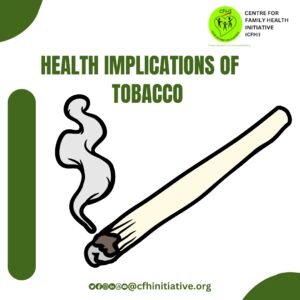
MONDAY HEALTH BURST ON HEALTH IMPLICATIONS OF TOBACCO Read More »

